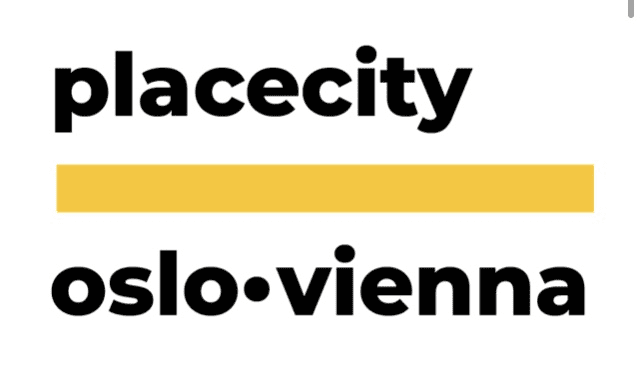WHY DEVELOP A BID?
In Belgium, we are fairly new to the concept of BIDs. There are a few BID like structures that have been influenced by the existing BIDs outline framework from the UK and further afield. So far these existing BIDs have been initiated by the authorities/cities themselves.
We have been a grassroots’ s organisations driven by the concept that much can be done to encourage the cross sector, cross collaboration approach of encouraging private, public and citizen partnerships and truly engaging with the community. Encouraging open and transparent communication. With the drive that local authorities encouraging this.
Some BIDs may indeed be driven and managed by a variety of stakeholders, as well as others that are run by the businesses themselves. BIDs are generally started by small business owners, or local groups or individuals who have decided much more could be done to change and improve their area to encourage socio/economic regeneration and boost the local economy, as well as tourism in some instances. BIDs are defined by the geographical area.
BIDs can be developed for city centres, tourism areas, communes or districts.
1: Local stakeholders of businesses and organisations, with knowledgable local community citizens can direct what improvements they want for the area to improve the local economy and trade, which in turn can increase local opportunities and employment. With encouraging an open, inclusive and enterprising structure.
2: The community as a whole are represented and have a voice on issues effecting the area in which they are running their business, residing and utilising; be it parking, general cleanliness, safety and security, use of public parks and areas, with taking into consideration the future long term direction, development and prosperity of their area as being paramount.
3: The BID levy that is raised is ring fenced for use only in the BID area. The BID levy can be used to lever in additional funding that is not available to the businesses and local community by either sponsorship, crowdfunding or in some cases by local authorities organisations and Government.
4: BIDs help to increase footfall through the delivery of creativity thinking, consistent branding with events and promotions, improved provision for the community as a whole, also with a co-ordinated online social media / local marketing campaigns.
5: BIDs help increase staff retention through the delivery of projects such as employee discounts at local shops, stores and businesses.
6: Business cost reduction (stock loss, crime, joint procurement) through the provision of Ambassadors, Taxi Marshals, additional Police Officers, crime reduction initiatives and local procurement projects that could reduce utility and waste costs.
7: Area marketing and promotion to the local community and visitors through radio, press, TV and social media and the delivery of projects such as loyalty cards, town gift vouchers, and town pounds.
8: Networking opportunities with neighbouring businesses, business to business trading and supply to keep the money and employment local.
9: BIDs have a proven track record in both lobbying and championing business concerns with Local Councils, Police and other public bodies. A recognised and respected voice with the ability to talk to the right people in the right place at the right time.
10: Reduced risk, by working together the businesses and local authorities can provide a clarity of vision, leadership and strategic focus for an area, encouraging private and public sector investment, encouraging citizen engagement.
BIDs work across the local community, developing strong links between the businesses, the residents, local community groups, local authorities and other bodies and agencies. BIDs Belgium task forces will share best practices and can together create a cross-selling of events and campaigns, encouraging further awareness and encouraging tourism and the economy.




